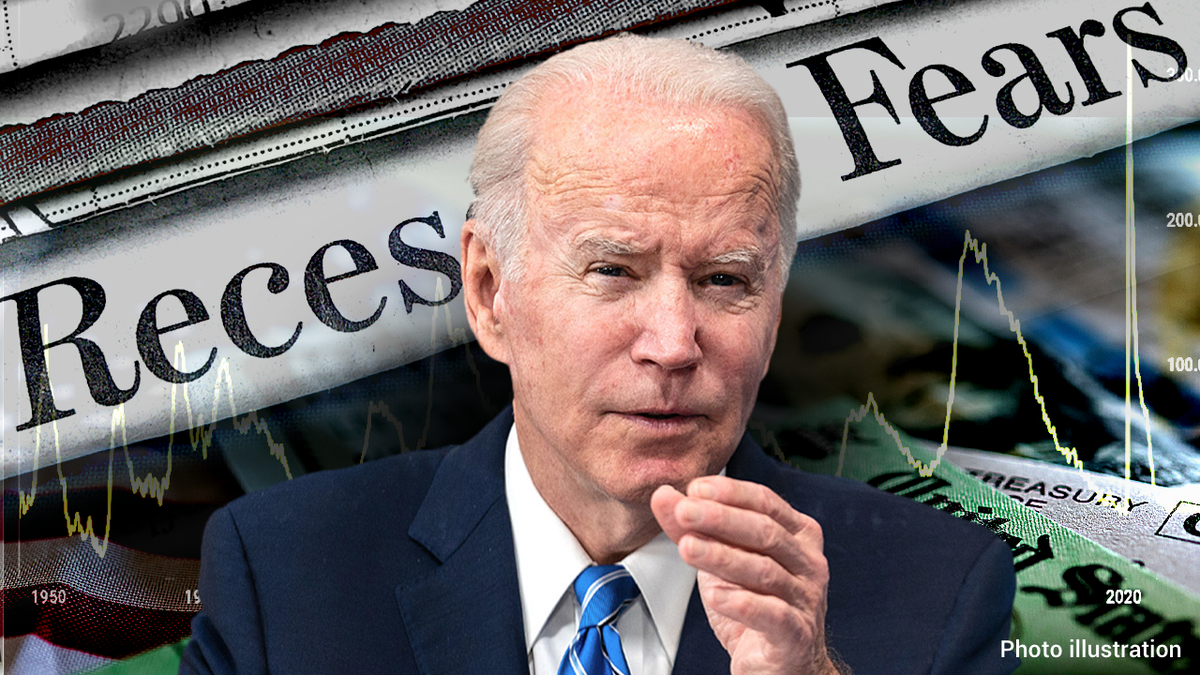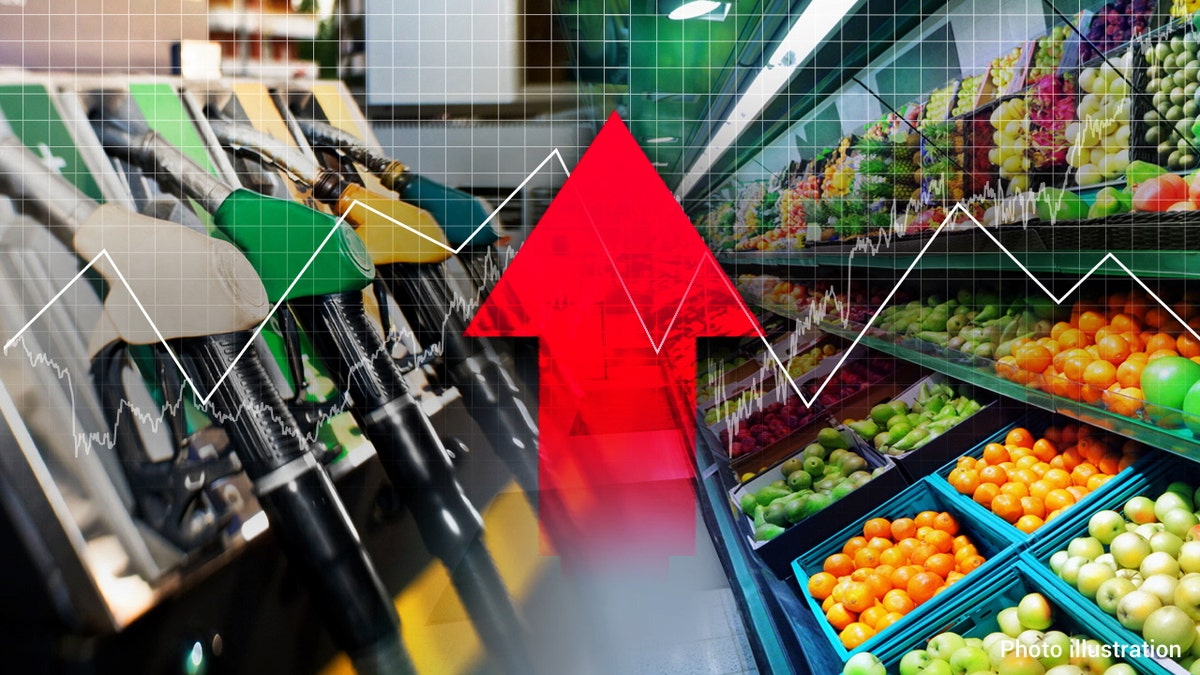Former Treasury Secretary Larry Summers warns 'very high likelihood' of recession
Former Obama economic adviser Larry Summers appeared on CNN to warn about the high likelihood of a recession following recent record levels of inflation
A chance of a recession has become even more likely, former Treasury Secretary Larry Summers explained on Sunday.
On CNN’s "Fareed Zakaria GPS," Zakaria spoke with Summers on the upcoming release of America’s second quarter GDP data next week. With the first quarter GDP showing economic contraction, he asked Summers whether he believes there’s a chance of a recession.
"I think there is a very high likelihood of recession. When we’ve been in this kind of situation before, recession has essentially always followed. When inflation has been high and unemployment has been low, soft landings represent a kind of triumph of hope over experience. I think we’re very unlikely to see one," Summers said.
A recession occurs when the U.S. economy experiences two consecutive quarters of contraction. Following reports that inflation hit a new decades-high rate of 9.1%, there have been renewed fears that the country is in a recession period.

President Biden has said he's not concerned about a recession. (Getty Images)
Summers, who served as the director of the National Economic Council during the Obama administration, was similarly pessimistic about the ability to tamper down inflation
"Whether or not we put inflation fully back in the bottle with that recession, I think is very hard to judge at this point. I’ve been encouraged by the feds’ commitment to do that, but other central banks at other times have professed to be committed but have not done enough once the economy turned down to actually assure that inflation came down substantially. So, I think there is also a greater risk of stagflation and this episode being with us for some number of years than the market is currently discounting," Summers said.
Summers warned the Biden administration consistently since November about the threat inflation posed to the country. As early as December, Summers suggested that the Biden administration was past the point of preventing a recession.

Seventy-three percent of voters disapprove of how Democrats are handling inflation. (istock)
"I think there is pain coming. That’s what happens when you borrow too much in order to overspend, but I think the important thing to remember is we’ve had a ton of pain because of inflation. We’ve had prices go up 3% or 4% a year faster than wages over the last 12 months. That kind of thing will continue unless we do what is necessary to bring inflation down," Summers said.
He also posed some solutions such as removing tariffs and bringing down the budget deficit, criticizing claims that the inflation rate could not be predicted.

Inflation hit a 40-year high in June. (istock)
CLICK HERE TO GET THE FOX NEWS APP
"Printing money and distributing it well ahead of the supply of goods is a prescription for inflation, and that is what we did. We injected enough money into the economy to make total spending grow at an 11.6% rate last year. When you have 11.6 growth rate in spending, then on any reasonable theory of how much capacity there is, you’ll have a lot of inflation, and that’s what we did," Summers said.










































